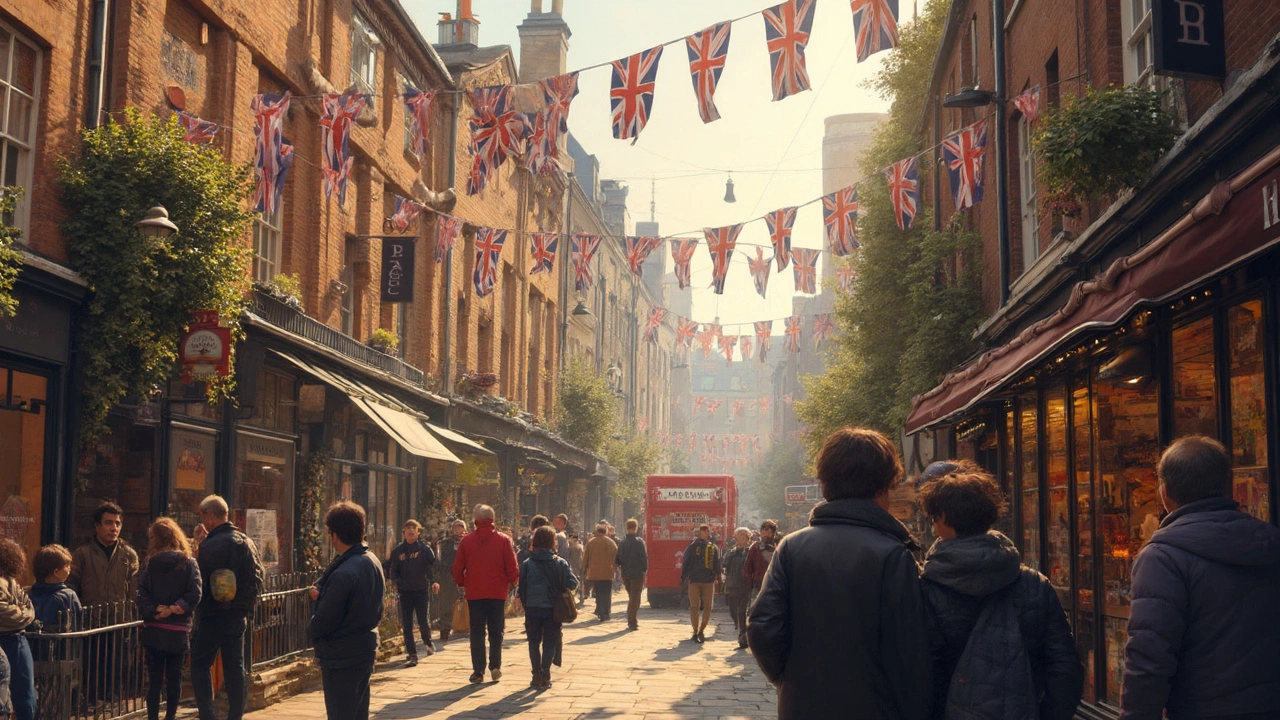Explore the UK’s Must‑Visit Cultural Attractions
If you love history, art, or live performance, the UK has a steady stream of places that’ll feed your curiosity. You don’t need weeks of planning – a few smart choices can give you a full‑day worth of insight, photo ops, and local flavor. Below you’ll find practical tips on what to see, when to go, and how to get the most bang for your buck.
Must‑See Heritage Sites
Start with a historic landmark that tells a story you can walk through. Castles like Windsor or Edinburgh offer guided tours that explain royal life and battles in plain language. Book the early‑bird slot (usually before 10 am) to beat the crowds and enjoy cooler weather for outdoor walks.
Don’t overlook smaller gems such as York’s Shambles or Bath’s Roman Baths. They’re less crowded but just as immersive. A quick tip: grab a free audio guide from the visitor centre – it’s cheaper than a private guide and lets you set your own pace.
Parking can be a hassle around popular sites, so consider public transport. A train to the nearest city and a short bus ride often saves time and money. If you’re driving, arrive early and use park‑and‑ride services where available.
Live Culture: Museums, Theatre & Festivals
After a morning of history, switch to contemporary culture. Museums like the British Museum and the Tate Modern have free entry days, but you’ll need to book a timed ticket online. Arriving right when doors open gives you the best chance to beat the rush.
For a night of theatre, check the schedule at the West End or regional venues such as the Royal Lyceum in Edinburgh. Discounted tickets often appear on the day of the show – hit the box office or use the official apps for last‑minute deals.
Seasonal festivals bring a burst of local flavor. The Edinburgh Festival Fringe in August, the Hay Festival in May, and smaller town fairs all showcase local music, food, and crafts. Plan to arrive a day early to snag affordable accommodation before prices spike.
Wrap up each day with a simple local eat‑out. Street food markets, pub grills, and tea rooms are usually close to cultural hubs, letting you refuel without a long commute. Ask staff for their favorite dish – you’ll often get a regional specialty you wouldn’t find in a guidebook.
Bottom line: blend a historic site with a cultural experience, use public transport where possible, and book tickets in advance for the biggest attractions. With a bit of planning, you’ll walk away with stories, photos, and a deeper appreciation of the UK’s rich cultural tapestry.
